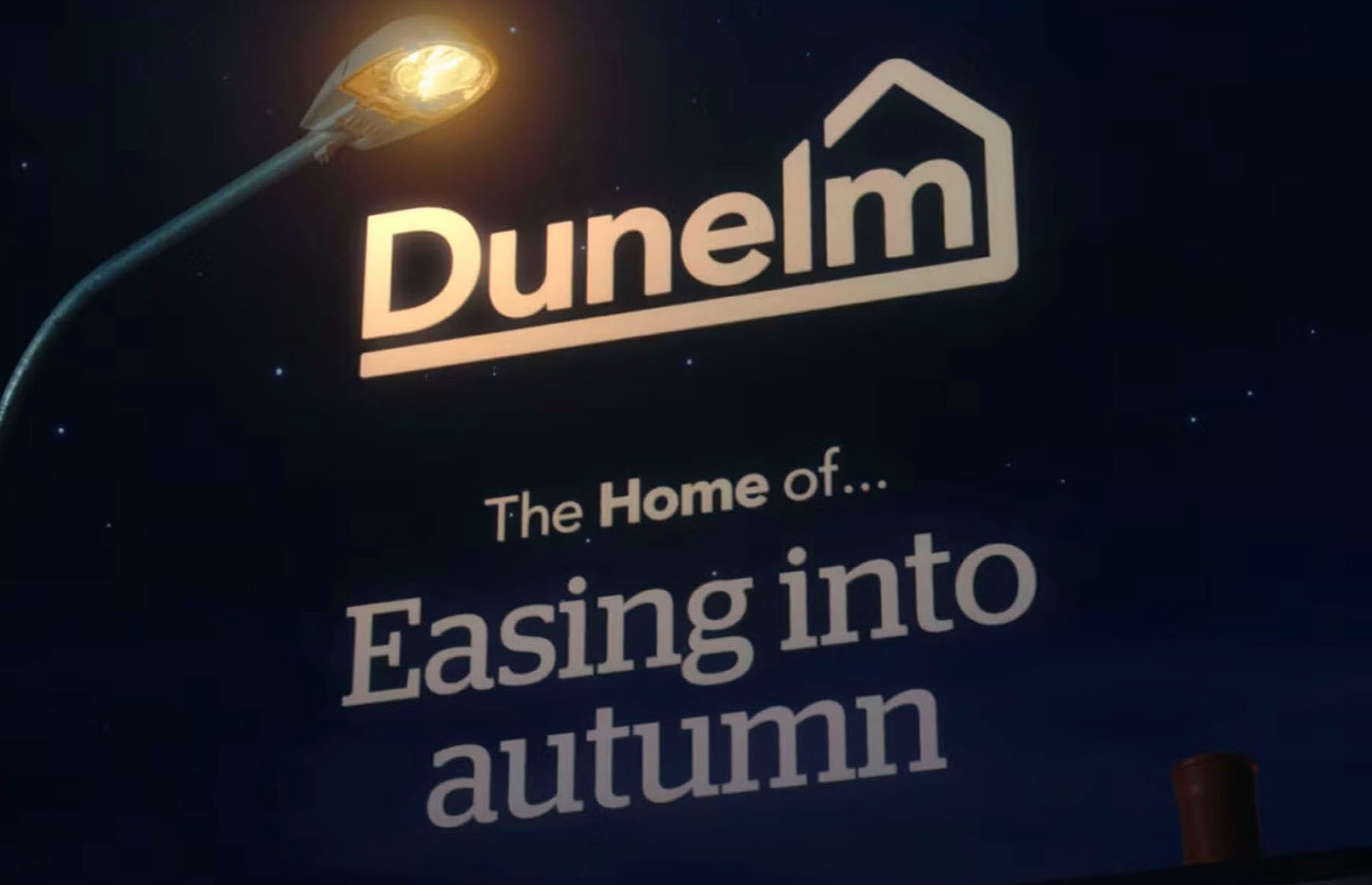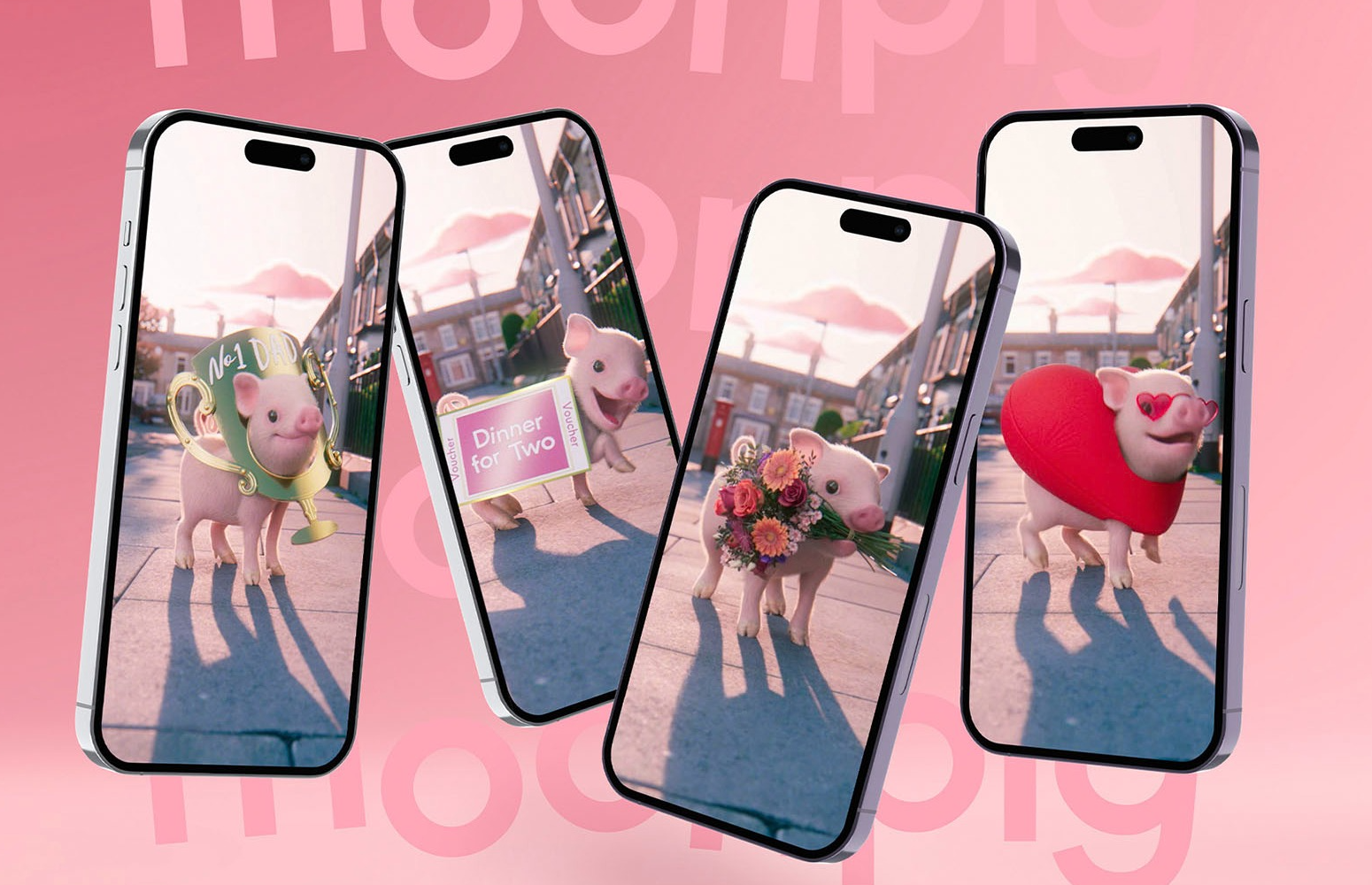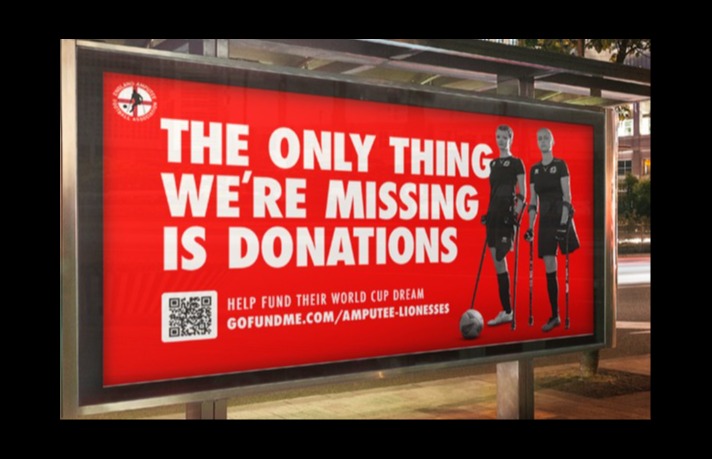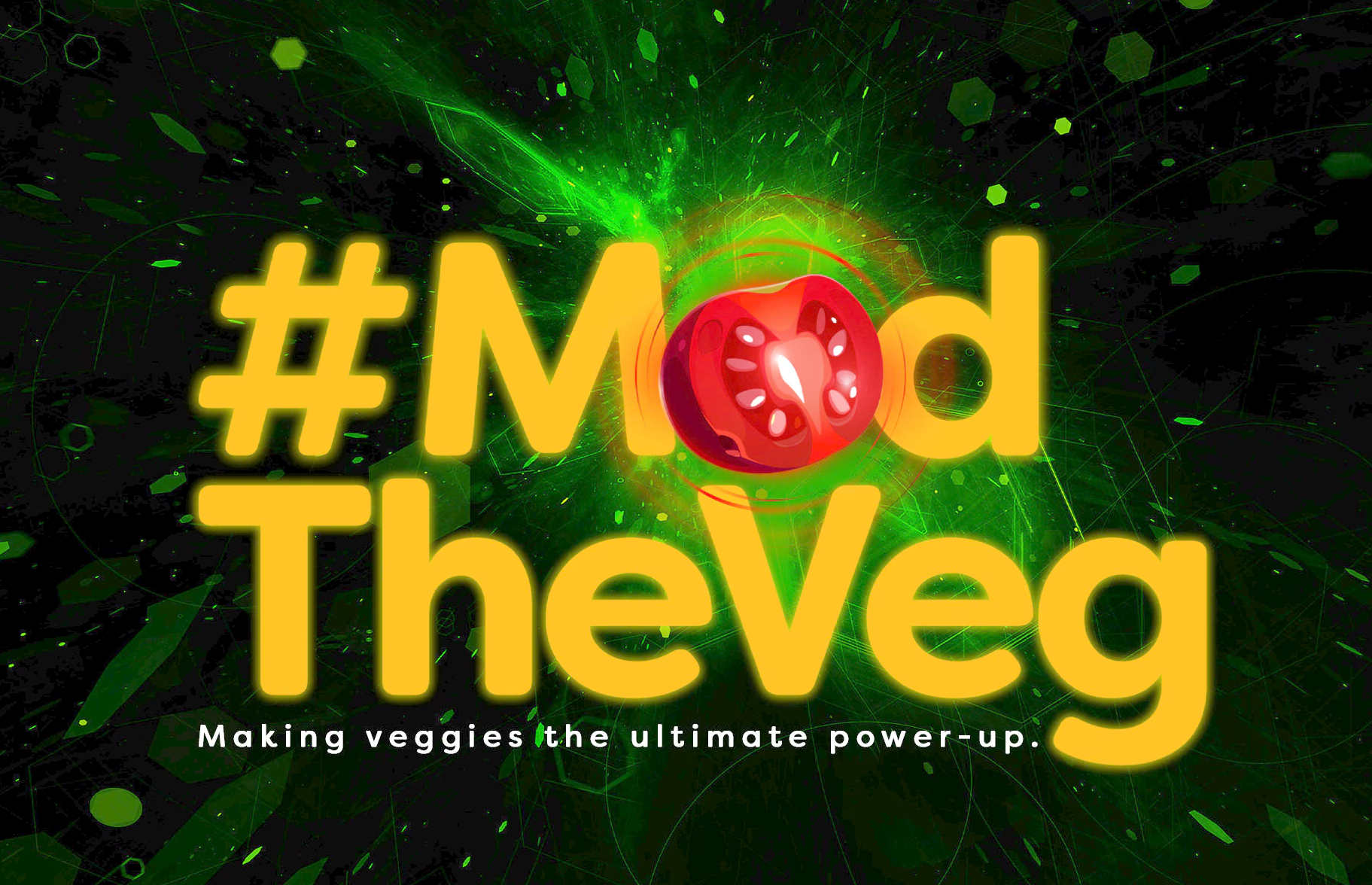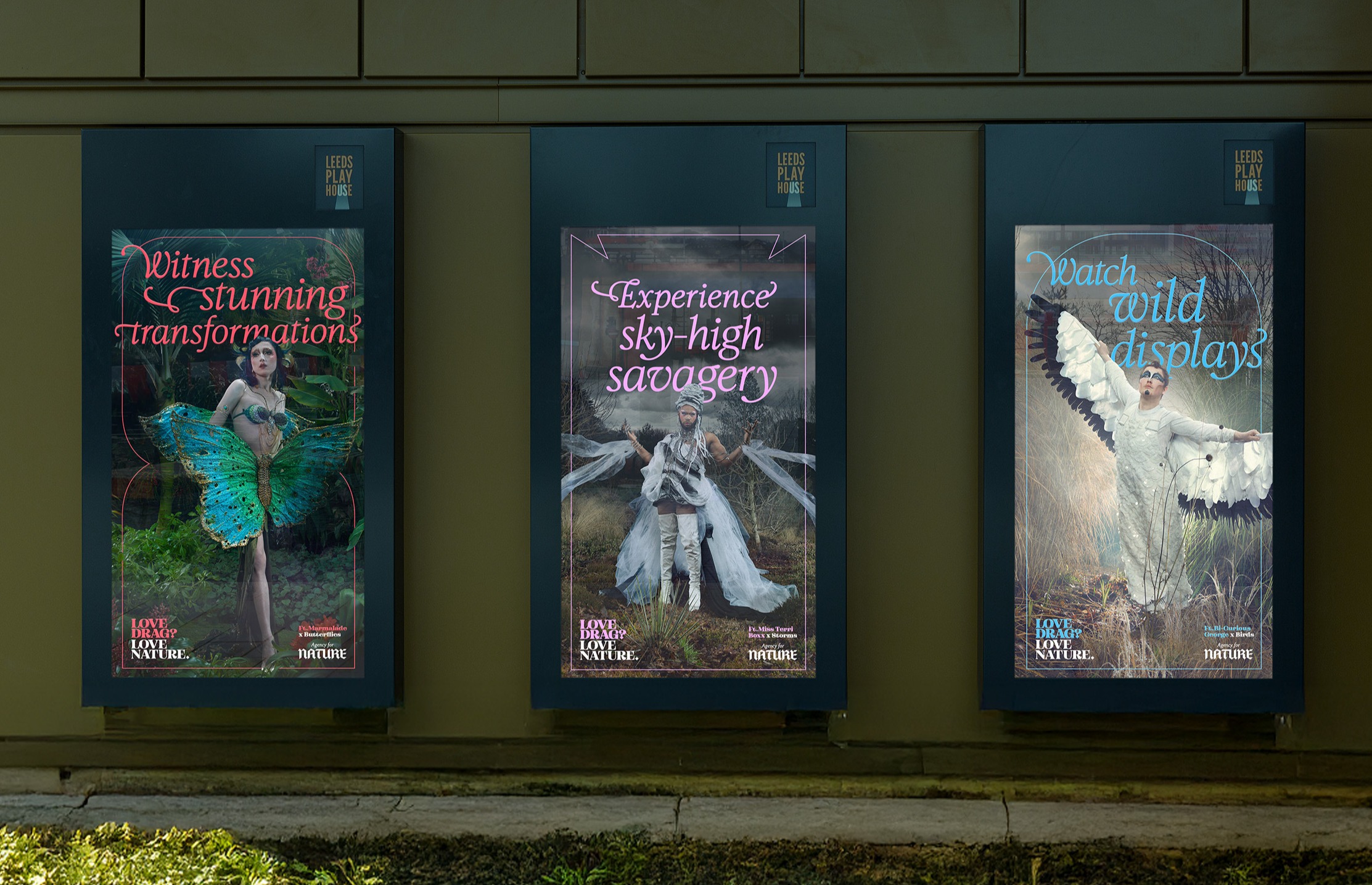
Yakult – in highly regulated category, establishing a distinctive positioning to overcome extensive barriers to purchase


How a playful celebration of Yakult’s science roots and Japanese origins helped deliver sales growth in the face of a bigger, heavier spending competitor who was half the price.
Yakult is a pioneer in microbiology, driven by a purposeful desire to make wellbeing easily achievable for all through better gut health. It launched the first consumer probiotic product over 85 years ago, finally arriving in the UK during the mid 90s. Yakult has since helped grow probiotics into an established health and wellbeing category. Quiet Storm has been Yakult’s strategic and creative partner in this since 2015, first in the UK and then across Europe, delivering integrated through the line campaigns, and always on social activity, as well as extensive brand positioning work.
Challenge
As health and wellbeing has become an every more important consideration for all of us, there has been a parallel growth in consumer products serving our wellbeing needs. Though Yakult may have effectively invented the probiotics category, and still enjoys high prompted awareness, it can be a struggle to translate this to active choice at fixture. Particularly when the brand only has two SKUs (original and light). Most significantly, Yakult is out gunned by its main competitor Actimel: the Danone giant has higher ad spend, much greater range presence and flavour variation at fixture and (thanks to aggressive promotion) a significant price advantage. At the same time, new entrants have bought distracting noise and novelty to the sector. In the face of all this choice, it’s all too easy for Yakult to be overlooked if it isn’t on the shopping list already: people fail to ‘see’ it or understand why they should buy it.


Insight
For those concerned about wellbeing, doing the ‘right thing’ is important. But with new options arriving all the time, and information (accurate or otherwise) so readily available, it can be hard to differentiate between the real deal and the latest fad. Brands will often claim a lot but not always with any meaningful substantiation, relying instead on emotional if ‘fluffy’ lifestyle promises. And whilst some consumers may be happy to suck it and see, for many this confusion and contradiction can leave them unsure of the right thing to do. Who do you trust in a world of snake oil?
Strategy
In looking to stand out from all this noise, and to offer a price justifying ‘reason why’, Yakult had two things in its favour. Even if neither of them were that well known. Firstly, there was it’s scientific pedigree. To this day, Yakult still see themselves as a science institute specialising in microbiology. They just happen to sell consumer products to deliver on their ‘wellbeing for all’ purpose. Secondly, Yakult is Japanese, a country which (in the West) is seen to understand wellbeing…even if the genuine health facts of this can become overly wrapped up in an ‘oriental mysticism’ we superimpose. It was in this combination of science expertise and Japanese origins that we found a distinctive, ownable and meaningful positioning for the Yakult brand.

Solution
For people seeking wellbeing solutions that work in an often confusing and contradictory category, we wanted to show how Yakult offered some proven scientific trust and reassurance; a counterpoint to the often ‘too good to be true’ claims made by others. We captured this in a high level platform idea we called the ‘science of wellbeing’. But this was only half the job. We knew what we wanted to say, but to reach people with this message we needed to dramatize our scientific reassurance in a way that would stand out from the lifestyle clutter that categorises the wellbeing space.
This we did with a fame-building integrated campaign that harnessed Yakult’s Japanese origins in a disruptive and unexpected way. Playfully poking fun at Western misconceptions about Eastern wellbeing traditions (views our consumers sometimes held!), we positioned Yakult as the brand you could trust in the midst of all the mumbo-jumbo because it is a little bottle of science (not magic).
Our Science (Not Magic) campaign worked across multiple channel, on TV, OOH, print and digital, presenting the brand in a visually distinctive and evocative way that people found emotionally engaging. The visual equities established by the campaign were used in parallel as part of a CH4 breakfast sponsorship package where (given sponsorship restrictions) we focused more on Yakult’s Japanese heritage.
Beyond the core integrated campaign, we also brought our higher level ‘Science of Wellbeing’. We defined what Wellbeing meant for Yakult and created comms pillars that explored mental, physical, emotional and social wellbeing. We worked with Yakult’s science team to fact check all wellbeing claims. We created an always on annual calendar of social posts for Instagram and Facebook, supplemented by quarterly seasonally themed campaigns including influencer content, competitions and giveaways. We also redesigned the website to give greater emphasis to Wellbeing. To further amplify this we concepted an experiential AR stunt with sampling which was themed around moments of calm that ran at Bluewater Shopping Centre and Waterloo Train Station and branded London taxi’s.
Results
In System 1 testing, Science (Not Magic) achieved a Star rating at the top end of good, with its Spike and Fluency both rated as exceptional. And on IPSOS tracking the campaign was rated 70% above norm in terms of creative distinctiveness.
Harnessing this creative impact to establish a clear, ownable positioning and ‘reason why’ for the brand, translated to double digit sales growth in a declining market, whilst allowing Yakult to retain it’s significant price premium.
As well as an effective core campaign, our social activity also delivered positive results, with post engagement increasing by 130% and page reach up by 100%. The experiential event delivered 500k OTS.
Though initially developed as a UK-specific campaign, the success of Science (Not Magic) meant the campaign was subsequent rolled out across Europe, as was our non-campaign social activity.
- 15% growth in a market down 5%
- Statistic
Share
Yakult
How the science of wellbeing delivered premium-priced sales success for Yakult
Business Objectives
Disciplines
Sector
Users who viewed this work also looked at:

